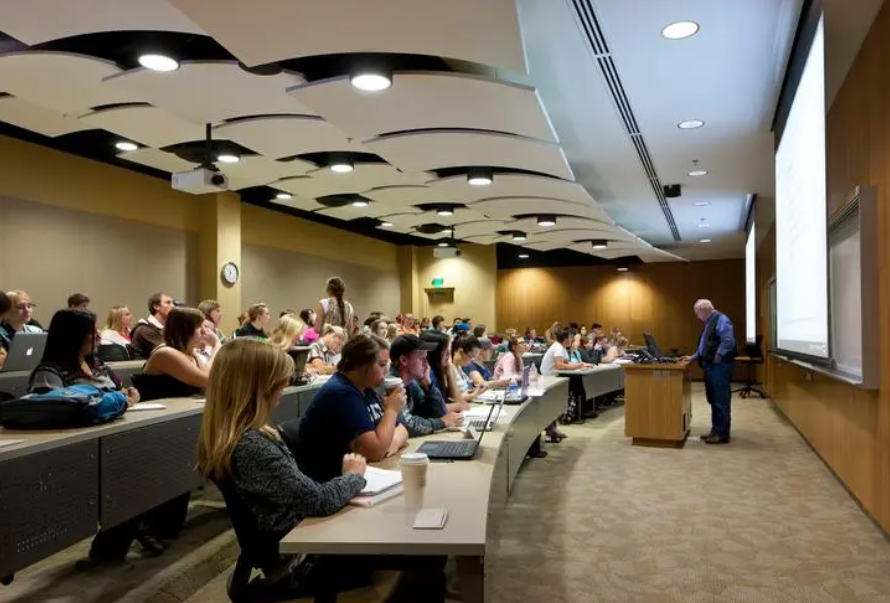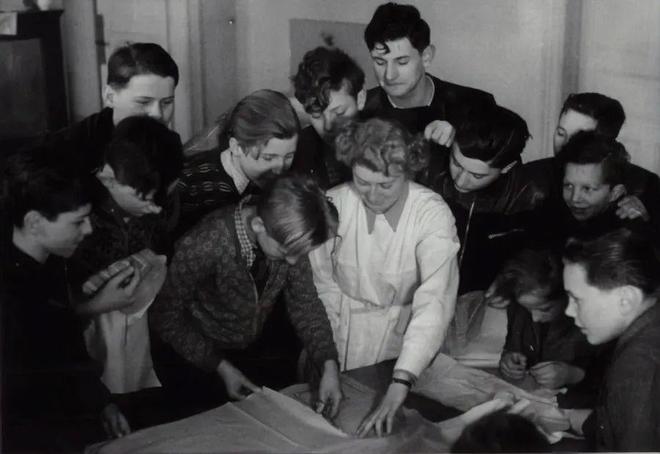The British vocational education system is often described as a "six-party linkage" involving enterprises, industry associations, government agencies, vocational competence qualification setting centers, vocational competence qualification supervision centers, and course training providers. In this process, the needs of employers, enterprises and students are dominant.
Employers and enterprises will first inform the industry associations of their needs for vocational and technical talents. Industry associations collect information and speak on behalf of enterprises, and inform government departments including the British Ministry of Education, the Department of Commercial Energy and Industrial Strategy, the Department of International Trade, and so on, so that they can formulate overall plans and policy objectives. The third-party certification authority is responsible for formulating curriculum standards and developing corresponding qualification certificates. Ofqual is responsible for qualification identification and supervision. Course training providers, including universities, colleges and private training institutions, will develop training courses according to the course standards, provide vocational education courses to students, and accept the supervision of Ofsted. In the future, they will also provide feedback to employers on the implementation of training, suggestions on course improvement and students' opinions.
Gokman, CEO of British Skills Organization, said that the most successful vocational education system should always pay attention to the needs of employers to cope with the changes in technology and global society. Liu Jing said that employers play a key role in the design, delivery and management of vocational education training in the UK. For example, the qualification standards for all newly launched T-level courses were formulated by more than 250 major employers and enterprises. Therefore, the trainees can well meet the employer's current requirements for new employees, and the tra






